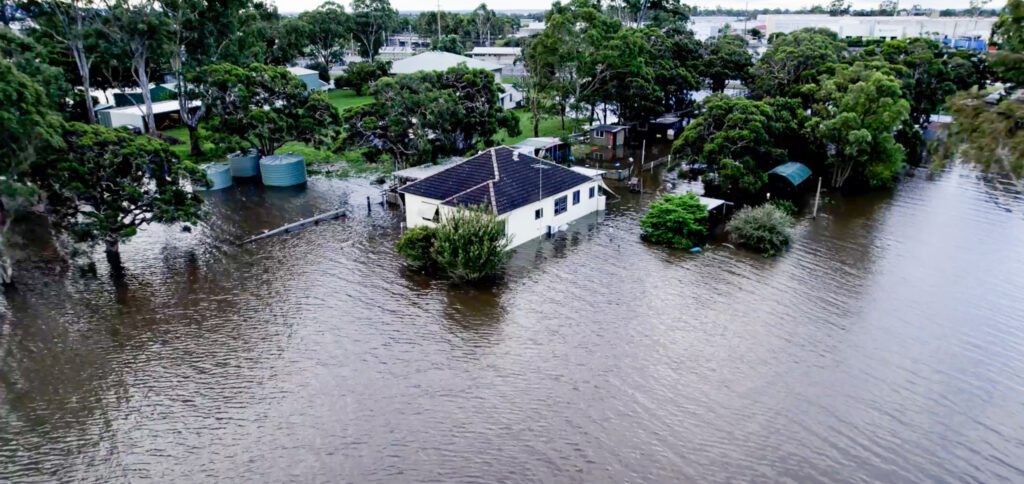Flood Insurance: What You Need to Know
Flooding is one of the most widespread natural disasters in the United States. From coastal cities to river valleys, nearly every area is at risk. As such, understanding flood insurance is essential for homeowners and renters alike. This blog post will cover flood insurance, why it’s important, how it works, and what you must consider […]



